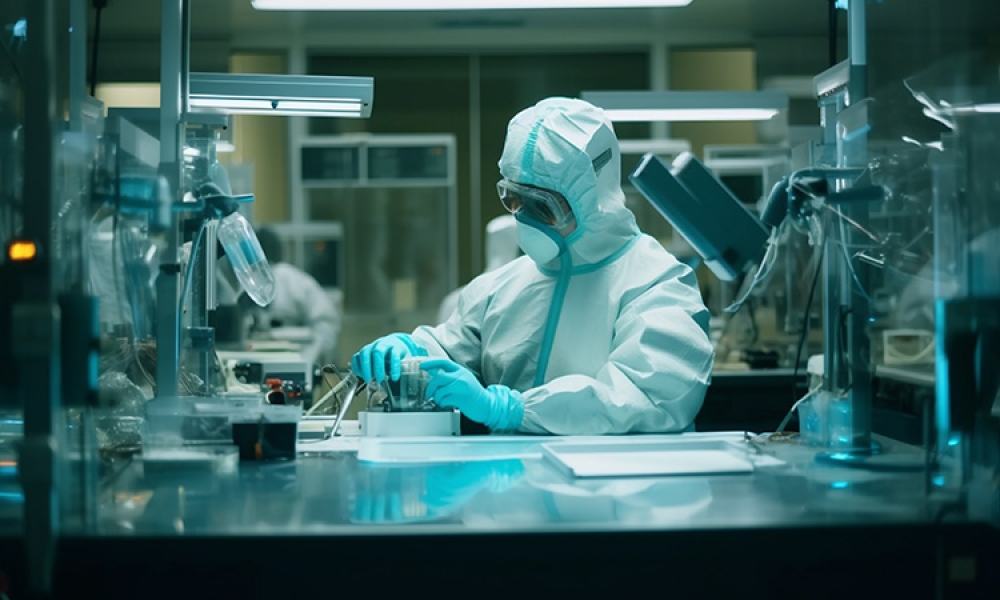Investigational Products - Reflection on Key Initiatives

As a conference co-Chair you often experience surprises, such as speaker cancellations at the last minute, venue changes, content updates, etc. Well this time, this situation was driven by Germany’s recent wave of colds and influenza. And, yes, I did surf on this wave during the conference, as I caught a bad cold and even took it home as a conference take-away. However, this is a story for another time and a very good reason why clinical research needs to continue. Now, on to the good stuff! The 2016 ISPE Europe Annual Conference included 4 educational tracks:
- Regulatory Highlights
- Factory of the Future and Innovation
- Data Integrity
- Investigational Products
Investigational Products was the track I was co-chairing along with Dr. Saskia Wichmann, from Bayer Pharma AG, and Dr. Bernd Steffens, from Boehringer Ingelheim. Below is a recap of the highlights from the Investigational Products education track:
- A common link between most of the presentations was the burning topic in the pharmaceutical industry of how to leverage new technologies and rapid digitalization concepts, namely: the Internet of Things, for the benefit of patients and the supply chain. The importance of this topic kicked off with the opening speaker, Jörg Zimmermann, from Vetter Pharma-Fertigung GmbH & Co. KG.
- While we are more interested in product integrity and how to optimize the processes, patients want to be informed about the latest developments and we need to think how we can best engage our patients.
- Colleagues from TransCelerate Biopharma Inc. and ISPE introduced the idea of e-Labels. A couple of e-Label prototype solutions were demonstrated, and attendees intensely discussed the challenges and opportunities surrounding this initiative. A common agreement was to draw-up specifications for both standard definitions and the requirements of e-Labels. An exchange with the appropriate regulatory authorities is one of the next big steps to undertake with this initiative.
- A workshop was held by Stefan Meier, from F. Hoffmann-La Roche AG, to obtain feedback regarding the idea of standardized clinical supply chain metrics. The outcome will be shared with the global task team.
- We received useful updates regarding labeling pictograms, as well as initiatives around patient-centricity. There was resounding agreement with the attendees that interacting with patients is key, likewise sites are needed to explain the usage of Investigational Medicinal Products (IMPs).
- Other hot topics, in my point of view, were those raised by Matthew Lakelin, from TrakCel Limited, who talked about a risk-based clinical supply chain evaluation for cell therapies, especially now when both time and patient identification are extremely critical elements. Innovative solutions and a holistic supply chain view seem to be essential in my opinion.
- Dr. Andrea Zobel, from PAREXEL International GmbH, introduced the often-forgotten return & destruction process, and has started a new task team around this issue. While many pharmaceutical companies still focus on onsite destruction, it is not always possible for this to be carried out for various reasons. Better reconciliation solutions are required.
- Finally, I was brought back to one key thought I have been having for a while… Wikipedia describes the Internet of Things as "the network of physical objects—devices, vehicles, buildings, and other items embedded with electronics, software, sensors, and network connectivity—that enables these objects to collect and exchange data.” It is driven by the Internet of Things Global Standards Initiative. And we all see this in our daily life: more sensors, more supporting technologies, virtual reality, and so much more.
In the future, I envision our research and development industry as the Internet of Patients (IoP). Overall patients want to be informed and be part of the decision-making process - basically they want to contribute and be more active part in the research and the development process. Sensors, as well as a myriad of apps, are just the beginning of a more digitalized patient engagement process.
Overall, the Investigational Products education track brought together many pharmaceutical industry professionals from around the world who had the opportunity to discuss hot topics, bring ideas back to their company's and learn about what the future holds. We, as (Bio)Pharmaceutical industry experts, have to work in a collaborative way with medical experts, IT specialists, and other contributors to drive the initiatives forward and make it happen. By: Jens Mattuschka


